COLLECTIVE MOVEMENT
It takes collectivism to ignite activism for systemic change
- Yolanda McGhee
Why Our Liberated Village Model Works
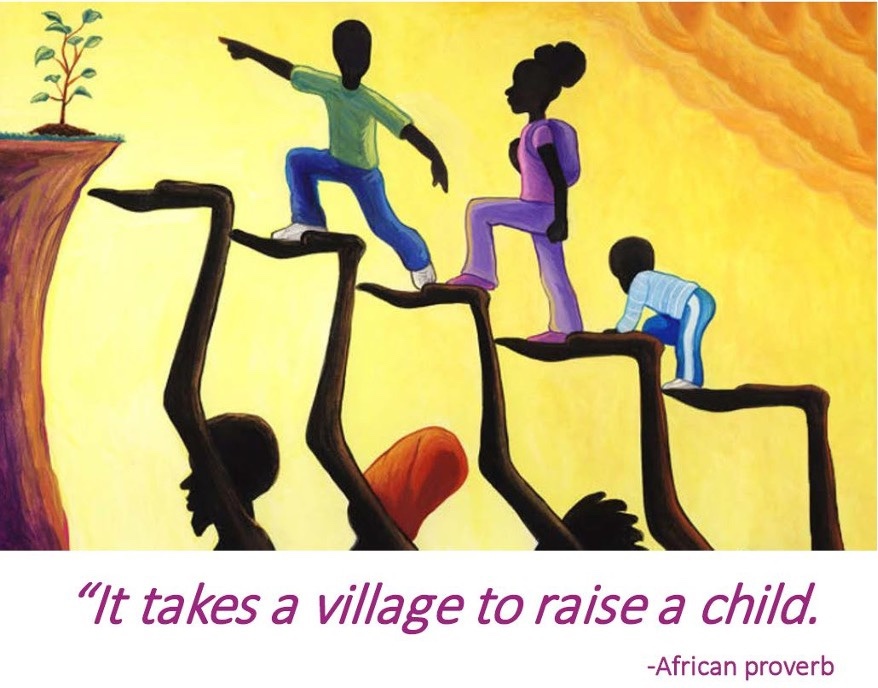
Collectively taking a BOLD stance to change the narrative…
We know that one organization can’t disrupt and dismantle the harm that has been done and by working together to bring synergy will provide the greatest amount of impact and success. The Liberated Village aims to repair, restore and support relationship-building by creating an anti-racist and culturally-informed school environments and communities.
What makes our approach a movement is that we understand the power of collective vision, mission, and impact. The Village is built on cultural customs and norms that live in our DNA, shaped from our historical and generational roots and strengths.
The Liberated Village applies The People’s Institute for Survival and beyond Undoing Institutional Racism beliefs that a movement for social transformation must be rooted in 10 guiding Anti-Racist Principles:
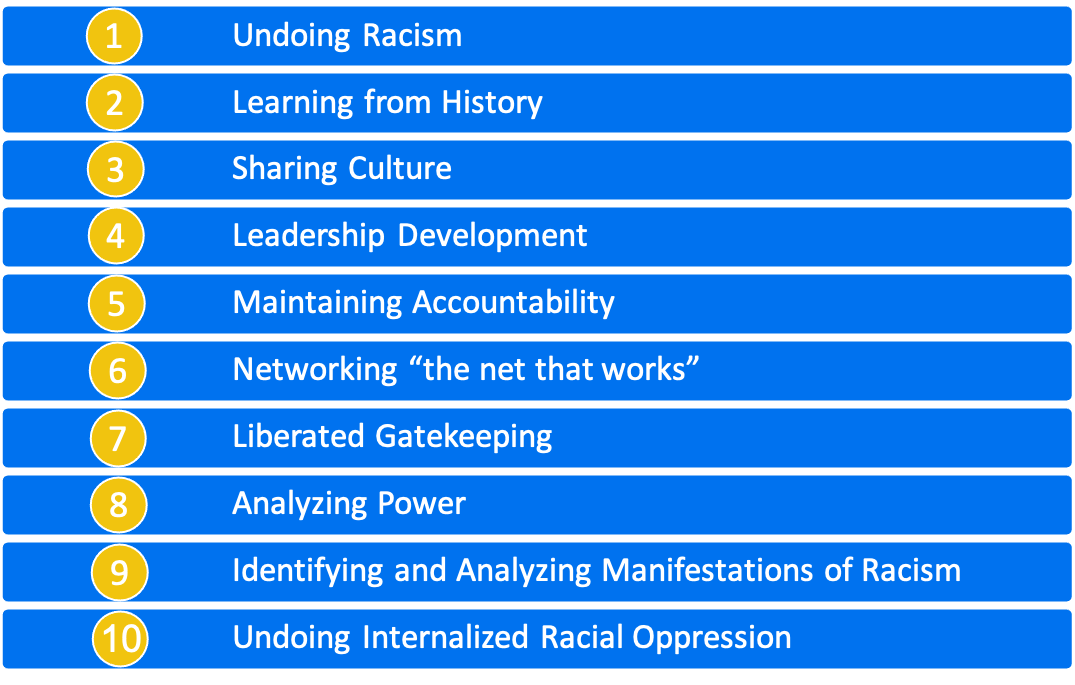
Scholar and Parent Leadership Team and the Learning and Action Cohorts
The previously developed Steering Committee (SC) made up of fifteen (15) voted by the Village members that included representation from King County Liberated Village program staff, awardee staff, parents, youth, and other subject matter experts, provided guidance and recommendations to the Village to ensure we are living into our collective mission. One of their greatest accomplishments is leading a process to identify 9 collective Theory of Change strategies.
Building upon this foundational work and the evolution of the Village, the Scholar and Parent Leadership Team and the Learning and Action Cohorts Teams (LACT) emerged. The 9 collective Theory of Change strategies are distilled further into 3 core strategies leveraging and aligning them to the Learning & Action Cohorts’ collective work and deliverables.
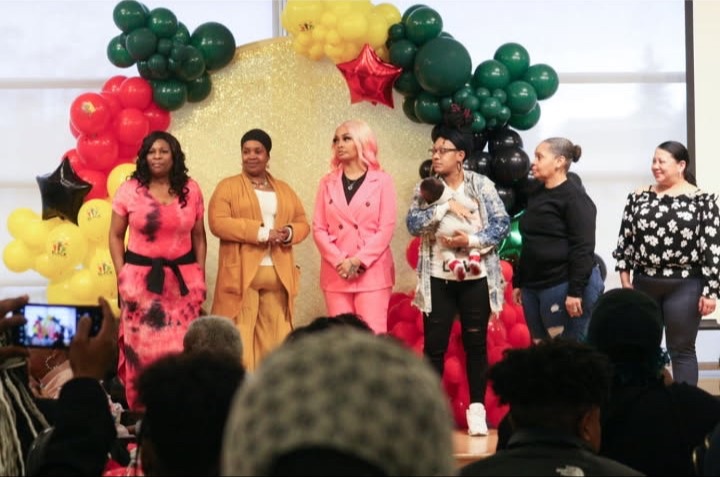
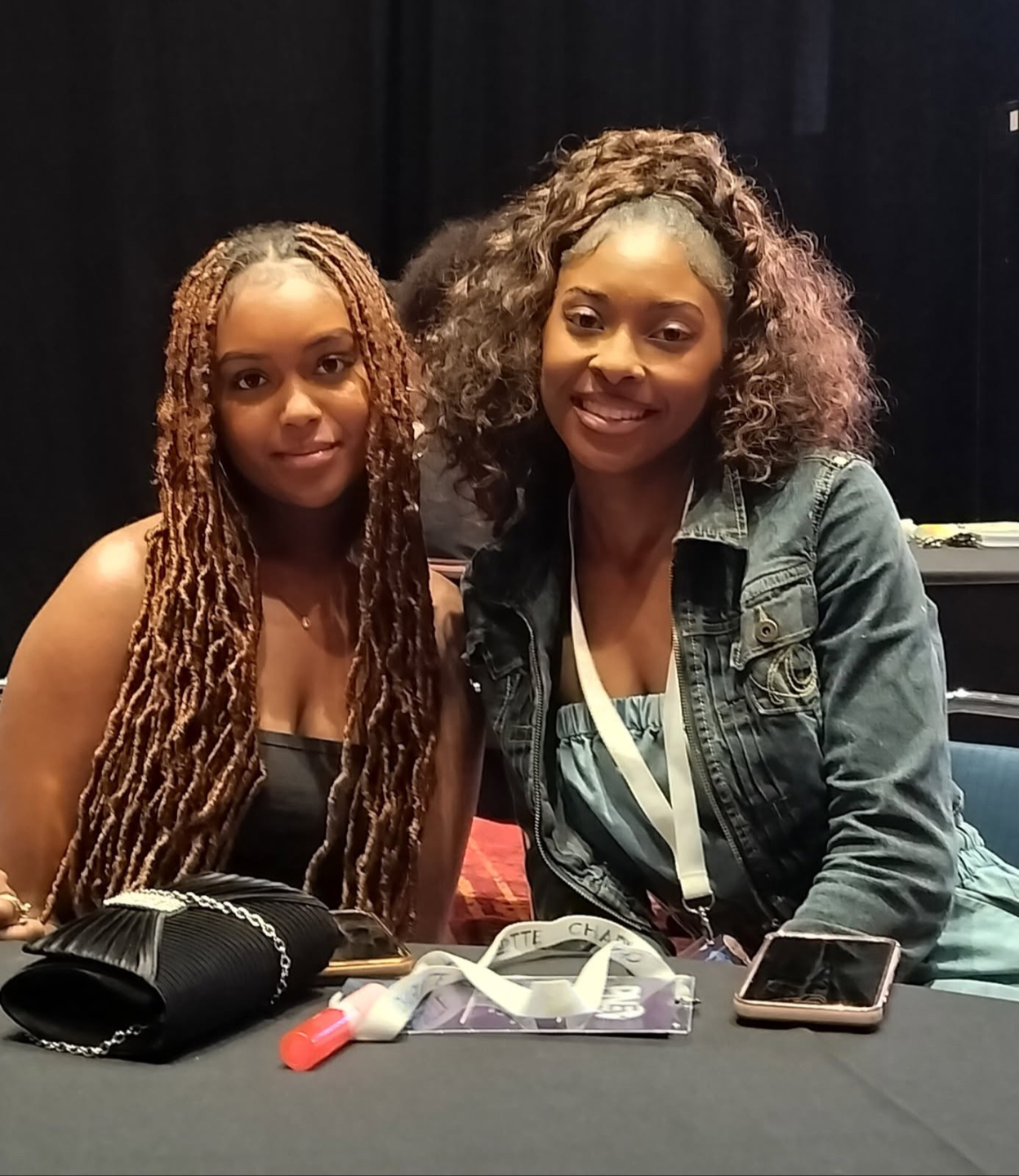
Scholar Leadership Team
The purpose of both teams is to center the voices of our Black and Brown communities through a community participatory evaluation process towards healing and building a transformative education system that inspires belief in the brilliance of ALL scholars. They participate in two bi-weekly meetings to help guide the evaluation process and make necessary decisions that will move the collective towards fulfilling the LV's collective mission.
Learning & Action Cohorts
The Learning & Action Cohort Teams (LACT) include all awarded organizational leads participation which are assigned to a given Cohort and work in small teams along with an assigned scholar and parent. Their roles are to: 1) Identify and address issues and challenges related to each cohort’s strategy area; 2) Develop goals, objectives, strategies, and implementation to address the identified complex challenges; and 3) Develop solutions and evaluate outcomes for fostering positive collective impact. The cohorts consist of three teams:
- Cohort 1 – Capacity Building & System Policy Engagement
- Cohort 2 – Community & Family Level Engagement
- Cohort 3 – Youth Leadership & Cultural Identity Development

Taking Our Learning Forward | Measuring Our Collective Impact Work
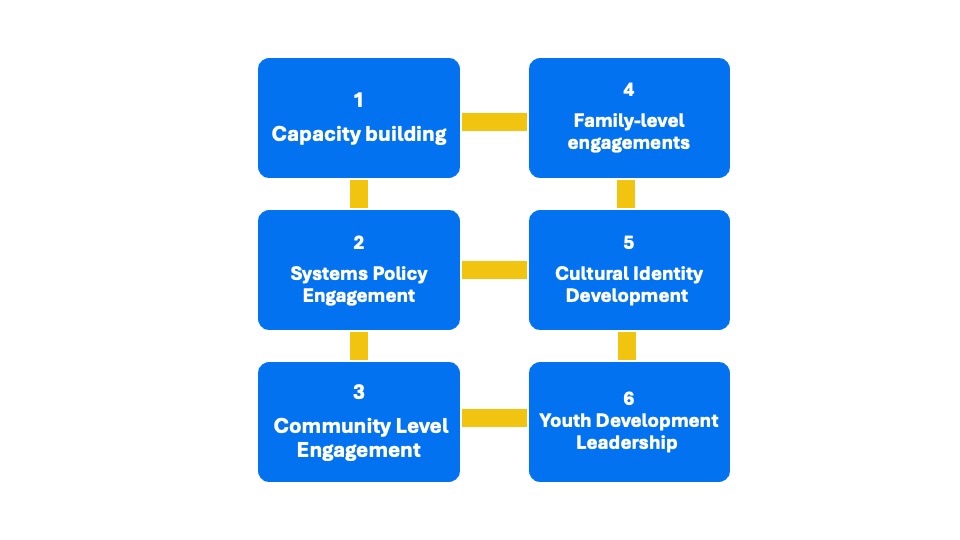
1. Capacity building
Seeks excellence by promoting continuous quality improvement through the engagement of educational opportunities to build capacity in business operations, finance and compliance, equitable research, and evaluation.
2. Systems Policy Engagement
Assuring and creating equitable policies, examining current recommendations implemented and executed to target Black and brown Scholars with changes in hiring, funding, and being held accountable to Black and brown communities.
3. Community Level Engagement
African Americans and other communities most impacted by institutional racism are authentically engaged in power-sharing with educational systems in decision-making that includes a strategic plan for executing objectives and corresponding timelines.
4. Family-level engagements
Creates opportunities for parents/guardians (the child's first teacher) to collaborate with parents/guardians on the positive aspects of their children and engage in advocacy and partnerships in the school for power-sharing and decision-making in partnerships between schools, administrations, parents/guardians, and Scholars.
5. Cultural Identity Development
The development of Scholars' potential is made possible through an honest telling of the stories and contributions of all communities to empower Scholars in authoring their unique identities that will include their self-determined values, beliefs, and aspirations.
6. Youth Development Leadership
Provide a safe, encouraging environment for Scholar leadership teams to embrace intergenerational learning and where youth lead with a voice to dismantle and eliminate anti-Blackness, cultivating courageous conversations to promote Black excellence.

